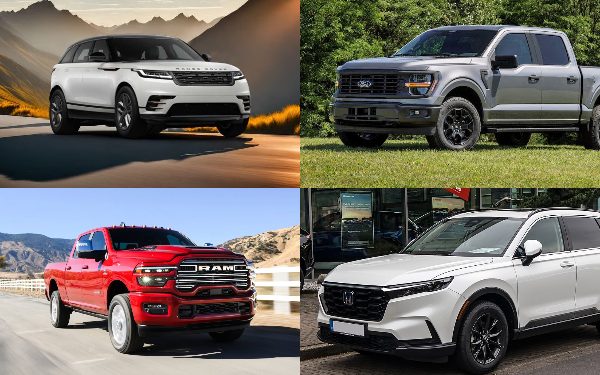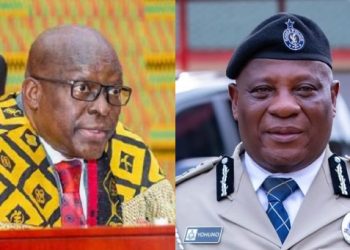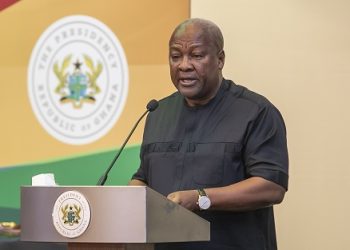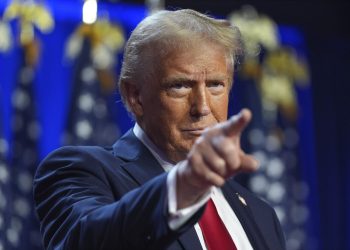The Economic and Organised Crime Office (EOCO) has recovered 100 stolen luxury vehicles that were smuggled into Ghana through fraudulent means.
The anti-graft agency is also investigating more than 300 additional cases of suspected stolen vehicles in partnership with Interpol, the Federal Bureau of Investigation (FBI), and the Royal Canadian Mounted Police (RCMP).
EOCO’s Head of Legal and Prosecutions, Leo Antony Siamah, speaking to the Daily Graphic urged the public to exercise caution when purchasing vehicles, especially high-end models, to avoid being caught up in criminal activity.
He also cautioned Ghanaians to beware of impostors posing as EOCO officials. “Some unscrupulous individuals are presenting themselves as EOCO staff and seizing vehicles. The public must always verify the identity of such persons before cooperating with them,” he said.
How the vehicles are stolen
According to Siamah, most of the cars are stolen from unsuspecting owners in the United States and Canada, often while they are away from home. Criminal syndicates then forge documents and ship the vehicles to Ghana.
“By the time the cars are declared stolen abroad, they are already in the hands of innocent purchasers in Ghana,” he explained.
Although EOCO works closely with the Ghana Revenue Authority (GRA), port authorities, and other security agencies to strengthen verification processes, Siamah stressed that buyers themselves bear a duty of due diligence.
“The law places responsibility on individuals to verify before buying. If you fail to do so, there is no legal remedy when the vehicle is seized,” he warned.
Brands targeted
Luxury brands commonly trafficked through these schemes include Mercedes-Benz, Bentley, Lexus, Rolls-Royce, BMW X7 and X8 series, Ford F-150, Cadillac Escalade, Dodge Ram, and Honda CR-V.
Red Flags for Buyers
Siamah advised the public to watch out for: Prices far below market value, incomplete or suspicious documentation, altered or defaced Vehicle Identification Numbers (VINs) and tampered rearview mirrors, where GPS trackers may be hidden
He urged prospective buyers to cross-check VINs in multiple locations, verify vehicle histories through platforms like Carfax or AutoCheck, and consult EOCO or Interpol before completing purchases.
Not arbitrary, but mandated
Addressing concerns about EOCO’s operations, he emphasised that the agency is acting strictly within its legal mandate.
“We are fulfilling our responsibility under the law. This issue creates a very bad image for Ghana as a hub for stolen vehicles. Beyond reputational damage, even genuine buyers are unfairly perceived,” he said.
To curb the trend, EOCO has been engaging car dealers and garage owners, educating them about the risks of handling stolen vehicles.
Tracking proceeds of crime
EOCO’s mandate under the Economic and Organised Crime Office Act, 2010 (Act 804) extends beyond stolen cars. It investigates money laundering, cybercrime, tax fraud, financial loss to the state, and other serious offences.
Siamah revealed that EOCO also conducts lifestyle audits to track assets inconsistent with declared incomes, though cross-border ownership structures and resource constraints remain challenges.
“We call on the public to collaborate with us so we can effectively discharge our mandate,” he appealed.
Regional context
West Africa remains a hotspot for vehicle theft. In April, an Interpol-led operation across 11 countries — including Ghana — uncovered 150 stolen luxury vehicles and seized more than 75.
Police take action on stolen vehicles
Recently, the Ghana Police Service announced a special unit to tackle the crime trend and collaborations have resulted in the seizure of over 100 vehicles and a number of arrests.











